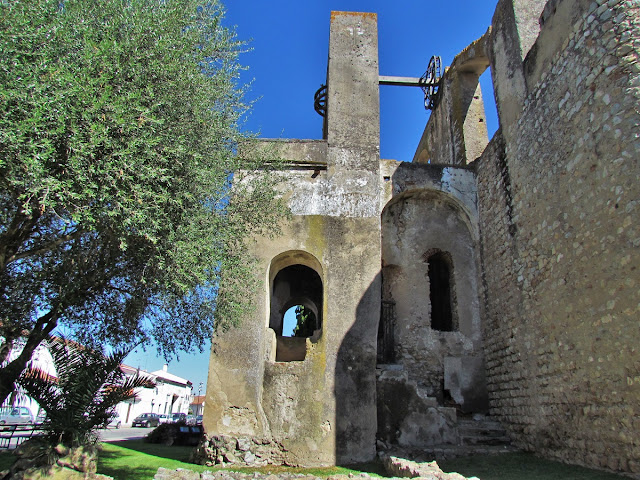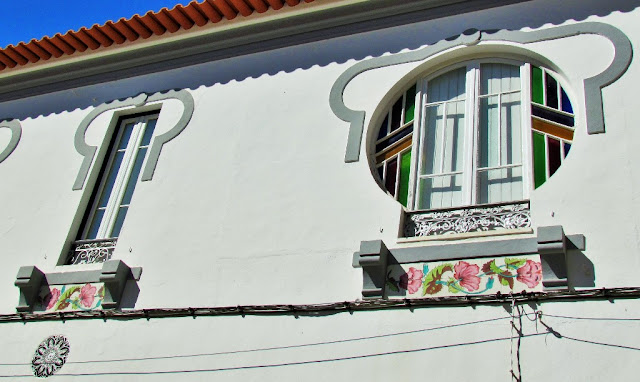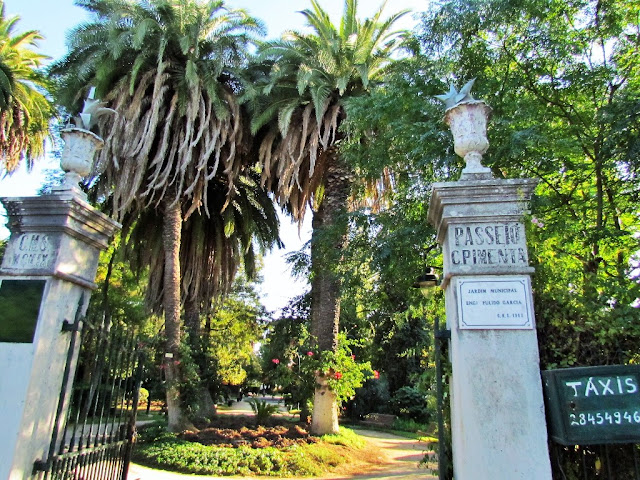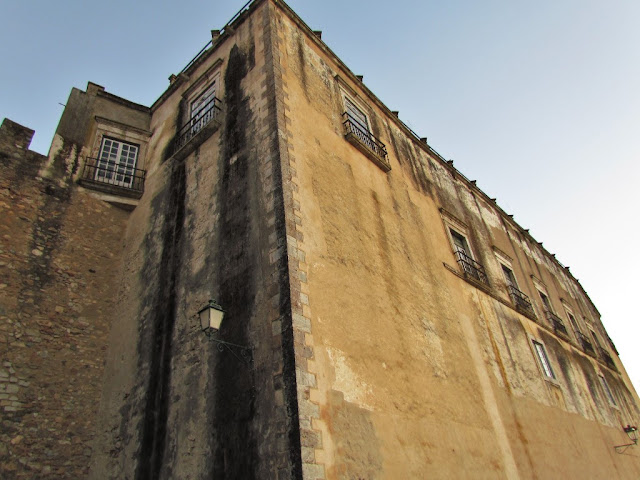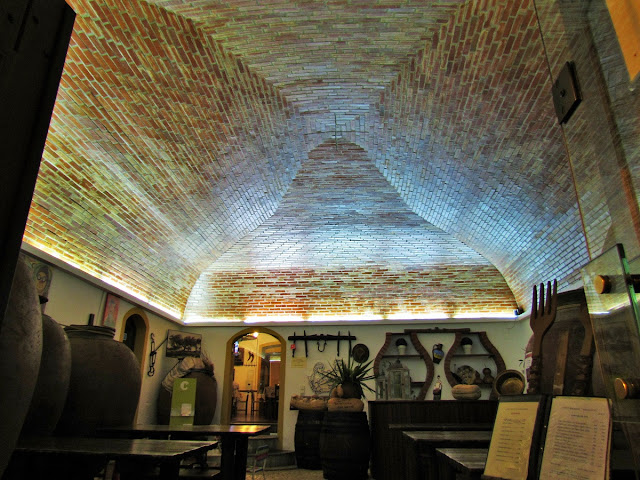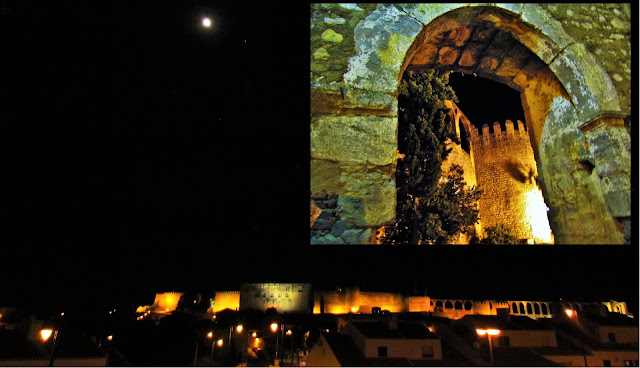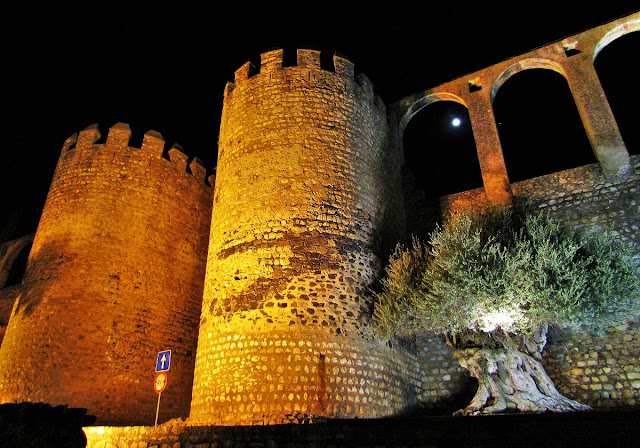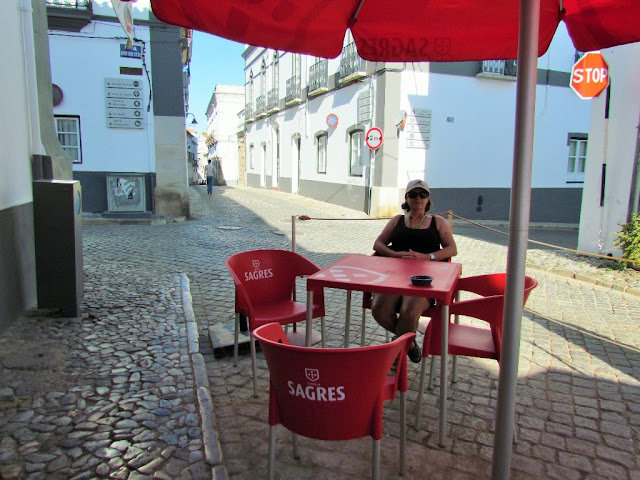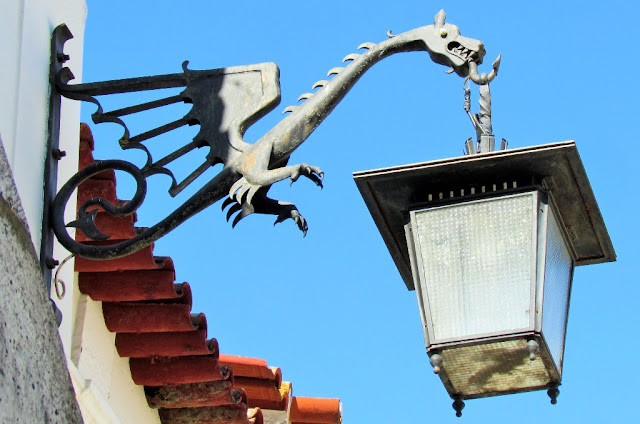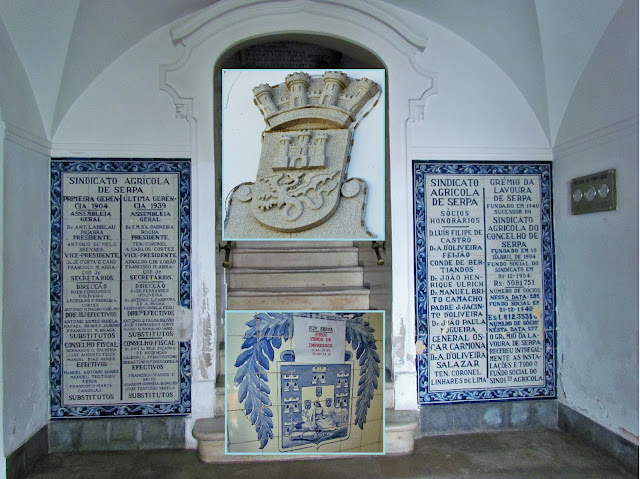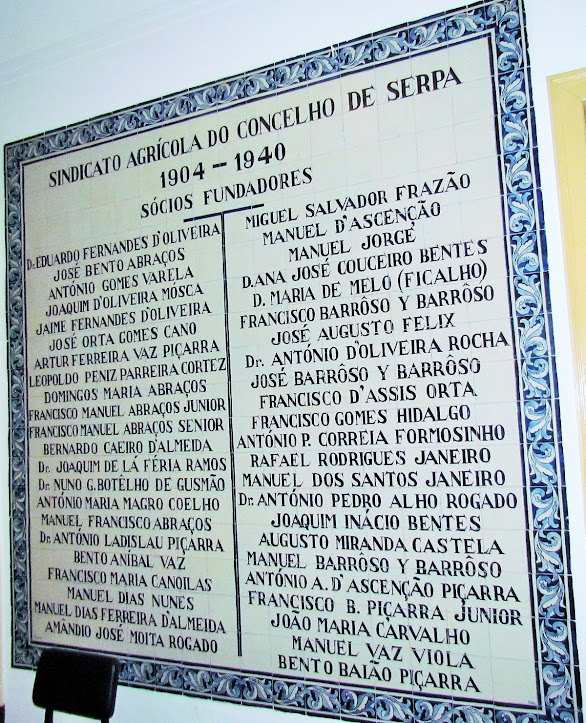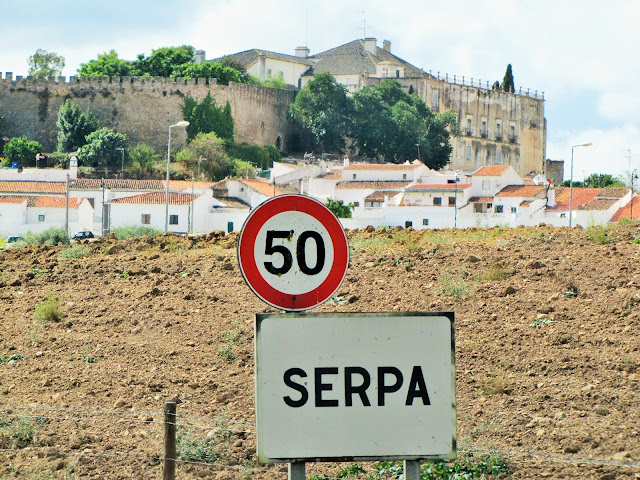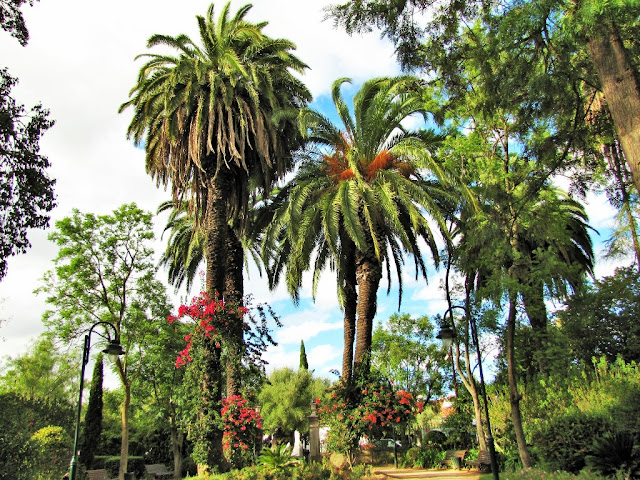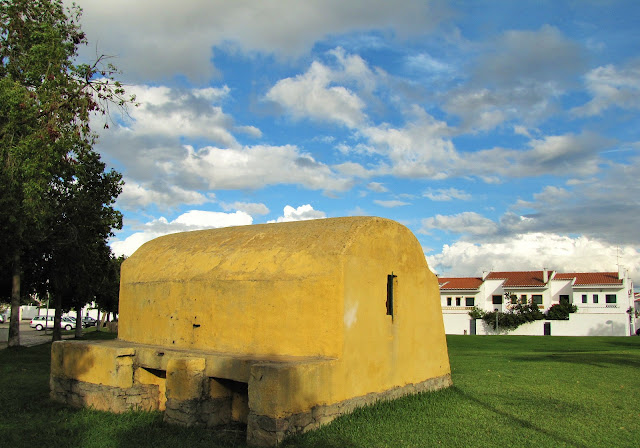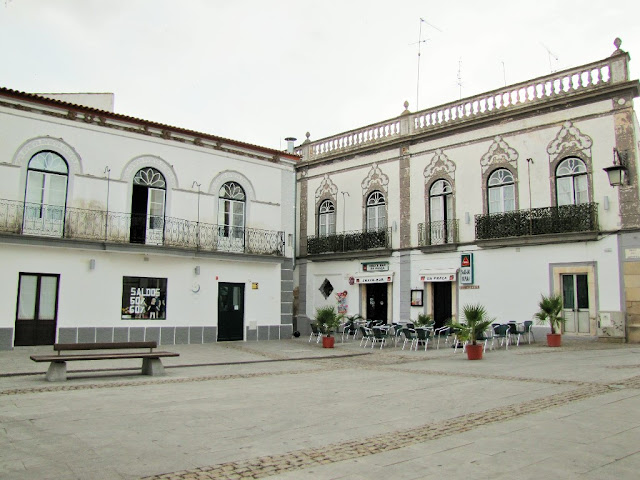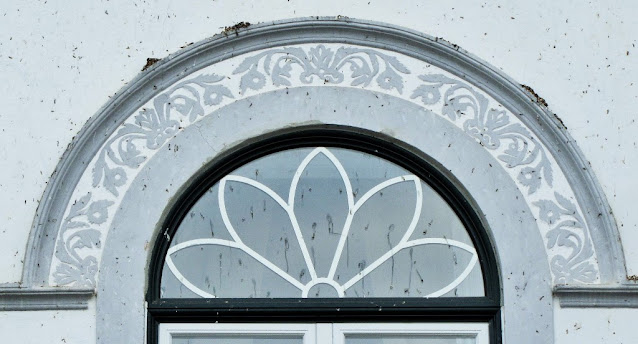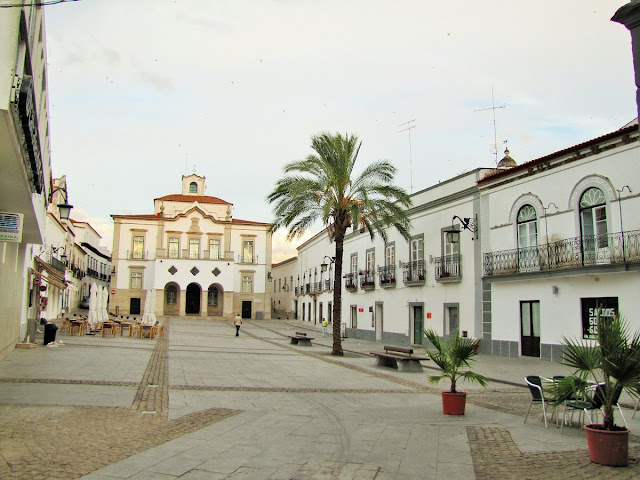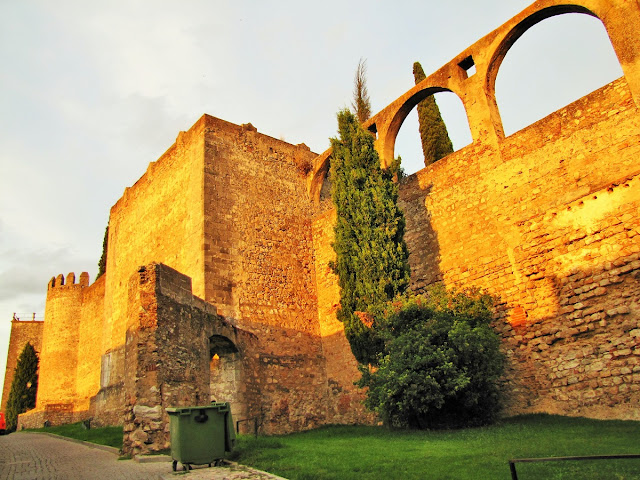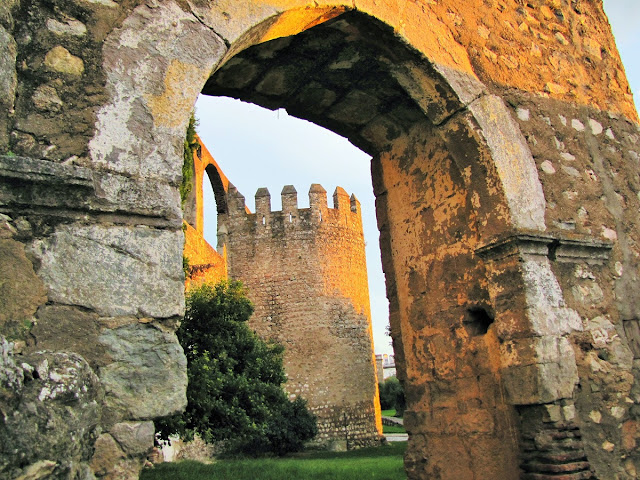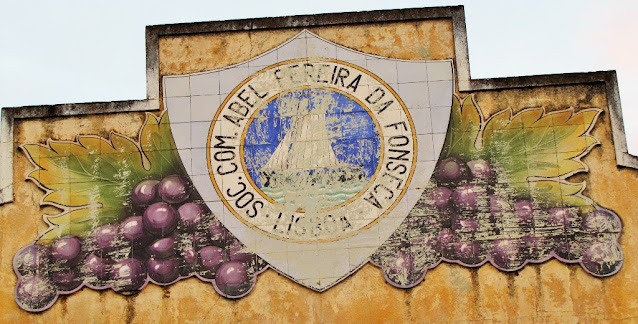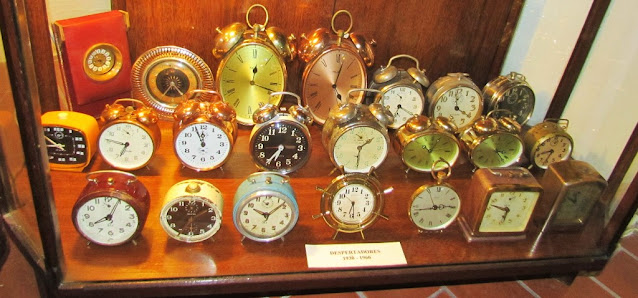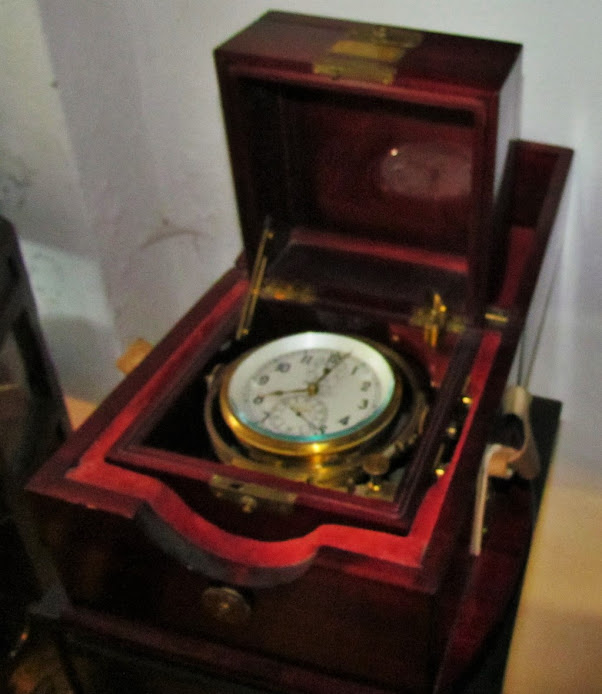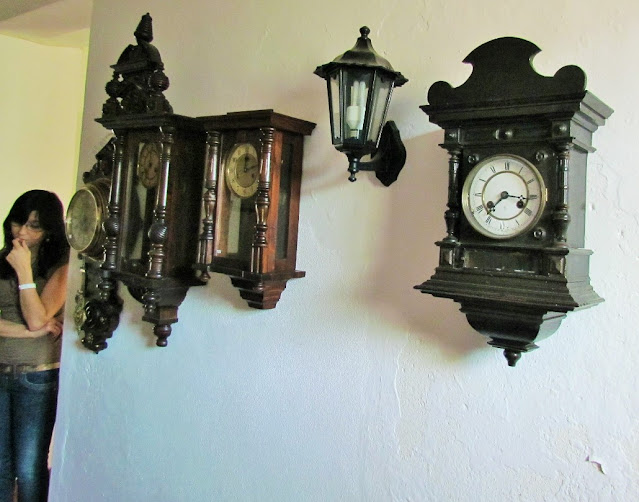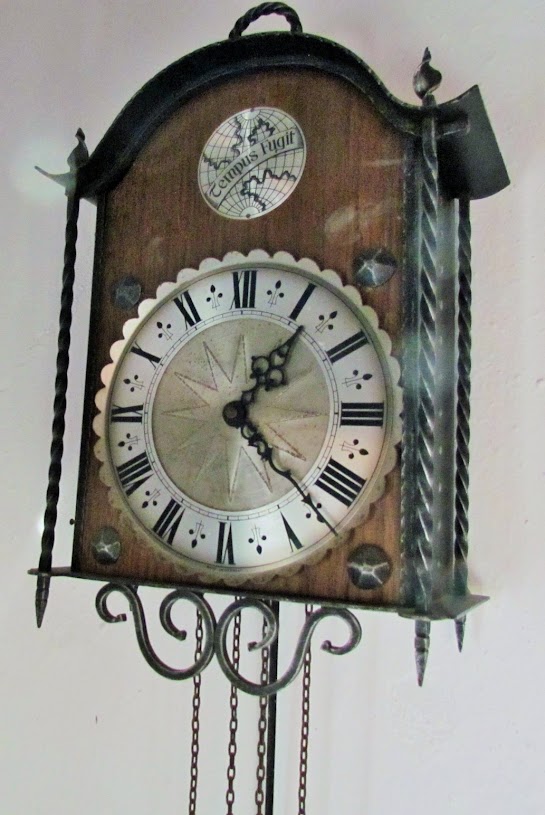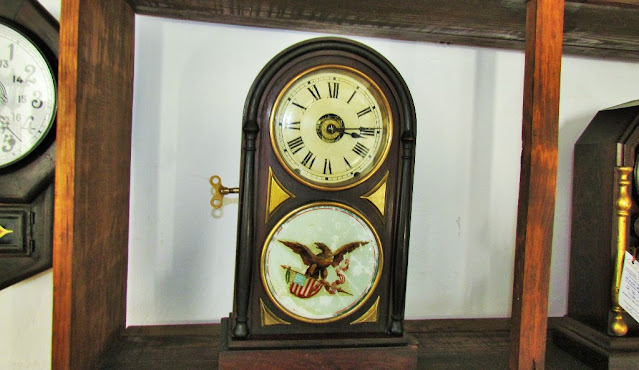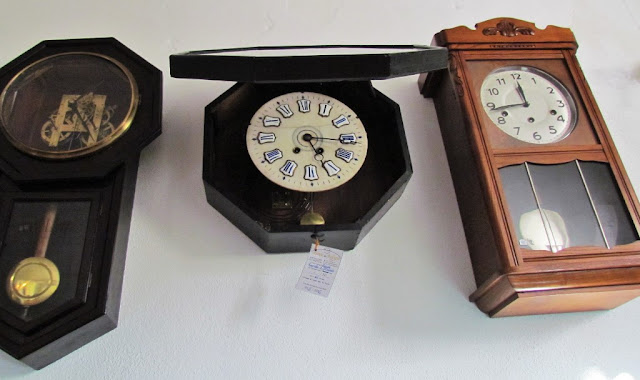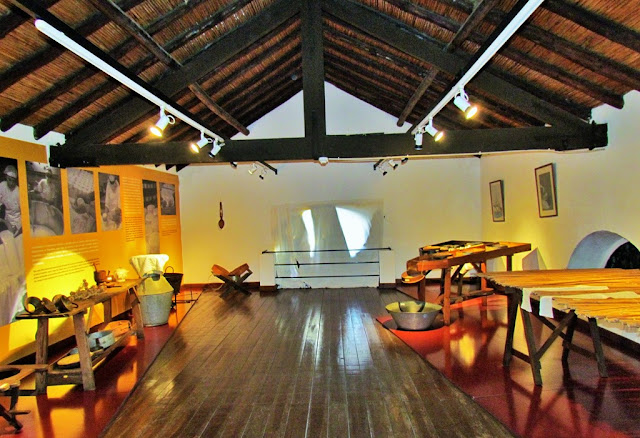SERPA
37º 56' 41" N; 7º 35' 56" W
It is the seat of one of the most extensive municipalities in Portugal, the homonymous municipality of Serpa, with an area of 1 105.63 km² and 15 623 inhabitants (2011), subdivided into 5 parishes (Brinches; Pias; Serpa (Salvador e Santa Maria); Vila Nova de São Bento e Vale de Vargo; Vila Verde de Ficalho).
The municipality is limited to the north by the municipality of Vidigueira, to the northeast by Moura, to the east by Spain, to the south by Mértola, and to the west by Beja.
Climate
With a Mediterranean climate, tending towards the semiarid region, the region has dry and hot summers, with average temperatures of 25 ºC, where the maximum temperature can exceed 40 ºC. The winter presents average temperatures of 8 ºC, with minimum temperatures often negative. The average annual temperature in Serpa is 16.6 ° C. The average temperature in August is 24.4 ° C, being the hottest month of the year. January's average temperature is 9.9 ° C. During the year it is the lowest temperature.
Precipitation is low, with an annual average of 537 mm, concentrated in the months of November to January. Sun exposure is high, with average annual values between 3000 to 3100 hours. The driest month is July, with 2 mm of rainfall. With an average of 78 mm, the rainiest month in December.
Serpa was already populated before the rule of the Romans, however, they were the ones who promoted the development of the municipality, especially at the agricultural level. In 1166, Serpa was conquered by the Moors, having been lost several times in the constant struggles of the Reconquista. Its location, close to the Spanish border, caused serious problems for the development of this municipality. With the Restoration wars, Serpa was almost completely destroyed, namely its fortress.
Economy
Although Serpa is an administrative center, in this municipality activities related to the primary sector predominate, followed by those of the secondary sector, with the industry linked to pottery and ceramics, and only afterward those of the tertiary sector, with small trade and services related to tourism.
(Museu do Relógio)
http://www.museudorelogio.com/?opcLang=EN
The Clock Museum (Serpa & Évora) is one of the only in the Iberian Peninsula and one of five that, worldwide, is dedicated to this theme, having a collection of around 2,500 mechanical watches from 1630 to the present day.
It is located in Serpa, in the 16th century Mosteirinho Convent building, right in the historic center of the city. In Évora the collection is extended in the “Museu do Relógio - Polo de Évora”, located in the noble Barrocal Palace (next to the famous Praça do Giraldo), where it exhibits more than 500 pieces from its total collection.
The museological center consists of a private collection, created about 40 years ago through a heritage of three damaged pocket watches. António Tavares d'Almeida (1948 - 2012) was its founder and the main driver of the museum. The continuation of his legacy left is the responsibility of his son, Eugénio Tavares d ’Almeida, who since the age of 12 who shared the same passion and dedication for the collection of watches, research and restoration of mechanical watches. He is currently the director and conservator of the museum.
Features
Self-Sustainable: The Clock Museum is publicly recognized as the only private self-sustainable museum in Portugal, that is, it lives without any financial support from private entities, local authorities or any Government entity.
Restoration Workshop: The Clock Museum provides all the services of its prestigious Master Watchmakers in the restoration or repair of any watch. Its renowned Restoration Workshop works not only on pocket and wrist watches but also on room and wall clocks. His workshop receives and delivers work both in Serpa and in the Évora Pole.
The Museum and its Masters are proud of the trust given by hundreds of demanding collectors from Portugal, Spain, France, Germany, the United Kingdom and the Netherlands to restore or recover their treasured pieces.
"Museu do Relógio" Watches: The Museu do Relógio since 1999 designs and produces watches under your brand in partnership with German and Russian manufacturers. These are made with the highest quality control in order to satisfy the most demanding collectors and interested parties. Your watches are always Limited Editions and can only be purchased at the Museum Shop or through your website.
www.museudorelogio.com
Two kilometers from Serpa, there is an elevation in the Alentejo plain: the Serra de São Gens. It is here that the Chapel of Nossa Senhora de Guadalupe rises, in the place known as "Altinho".
Simple and modest in its Mudejar style, it is devoid of architectural treasures or decorative riches, its beauty comes from the whiteness of the whitewashed walls, which reflect the scorching sun of this hot Alentejo.
Inside, poorly lit, a small altar holds the image, even smaller (about 30 cm high) of the patron saint, responsible for the most important festival in the county, held at Easter time.
The Feast of Our Lady of Guadalupe begins with the arrival of spring, on Good Friday and ends on the following Tuesday, in Altinho.
Location:
2 kilometers from Serpa, in Alto de São Gens.
http://www.museudorelogio.com/?opcLang=EN
The Clock Museum (Serpa & Évora) is one of the only in the Iberian Peninsula and one of five that, worldwide, is dedicated to this theme, having a collection of around 2,500 mechanical watches from 1630 to the present day.
It is located in Serpa, in the 16th century Mosteirinho Convent building, right in the historic center of the city. In Évora the collection is extended in the “Museu do Relógio - Polo de Évora”, located in the noble Barrocal Palace (next to the famous Praça do Giraldo), where it exhibits more than 500 pieces from its total collection.
The museological center consists of a private collection, created about 40 years ago through a heritage of three damaged pocket watches. António Tavares d'Almeida (1948 - 2012) was its founder and the main driver of the museum. The continuation of his legacy left is the responsibility of his son, Eugénio Tavares d ’Almeida, who since the age of 12 who shared the same passion and dedication for the collection of watches, research and restoration of mechanical watches. He is currently the director and conservator of the museum.
Features
Self-Sustainable: The Clock Museum is publicly recognized as the only private self-sustainable museum in Portugal, that is, it lives without any financial support from private entities, local authorities or any Government entity.
Restoration Workshop: The Clock Museum provides all the services of its prestigious Master Watchmakers in the restoration or repair of any watch. Its renowned Restoration Workshop works not only on pocket and wrist watches but also on room and wall clocks. His workshop receives and delivers work both in Serpa and in the Évora Pole.
The Museum and its Masters are proud of the trust given by hundreds of demanding collectors from Portugal, Spain, France, Germany, the United Kingdom and the Netherlands to restore or recover their treasured pieces.
"Museu do Relógio" Watches: The Museu do Relógio since 1999 designs and produces watches under your brand in partnership with German and Russian manufacturers. These are made with the highest quality control in order to satisfy the most demanding collectors and interested parties. Your watches are always Limited Editions and can only be purchased at the Museum Shop or through your website.
www.museudorelogio.com
ETHNOGRAPHIC MUSEUM
(MUSEU ETNOGRÁFICO)
Chapel of Our Lady of Guadalupe (Serpa)
37.929631º N; 7.593481º W
Simple and modest in its Mudejar style, it is devoid of architectural treasures or decorative riches, its beauty comes from the whiteness of the whitewashed walls, which reflect the scorching sun of this hot Alentejo.
Inside, poorly lit, a small altar holds the image, even smaller (about 30 cm high) of the patron saint, responsible for the most important festival in the county, held at Easter time.
The Feast of Our Lady of Guadalupe begins with the arrival of spring, on Good Friday and ends on the following Tuesday, in Altinho.
Location:
2 kilometers from Serpa, in Alto de São Gens.




